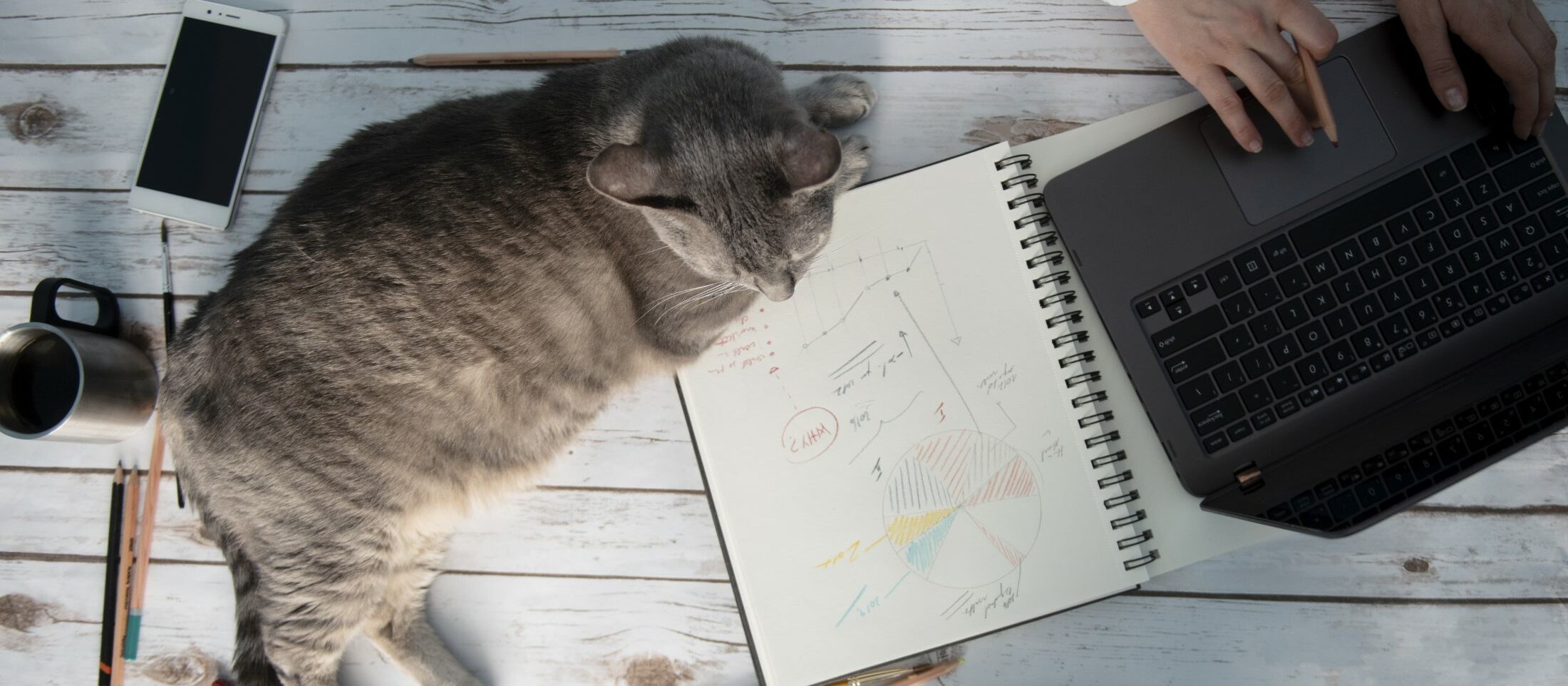
Pet Parent Resources
What is a Board Certified Veterinary DentistTM?
The advancement of veterinary medicine has given rise to a diverse array of specialized fields, similar to those found in human medicine, such as cardiology, radiology, surgery, internal medicine, dermatology, and dentistry. Notably, dentistry stands among the more than 20 recognized specialties acknowledged by the American Veterinary Medical Association (AVMA).
Planning for a New Pet’s Dental Care
Are you considering a new dog or cat in your family? Whether you’re adopting an older pet or are bringing home a new puppy or kitten, Animal Dental Care wants to remind you about the importance of planning for maintaining your pet’s dental health throughout their life.
Home Dental Care for Dogs
Ensuring optimal dental hygiene for your canine companions is paramount to enhancing their overall well-being and comfort. A diverse array of home dental care solutions is available, with a crucial emphasis on preventive measures against plaque and tartar buildup. Proactively engaging in at-home dental care for your dogs and cats not only contributes significantly to their oral health but also minimizes the need for extensive veterinary intervention. By implementing effective preventive practices, you not only enhance your pet’s comfort but also realize substantial long-term dividends in mitigating potential dental issues.
Home Dental Care for Cats
Cat Dental Care Colorado Springs
Ensuring optimal home care for your feline companions can significantly enhance their overall comfort and well-being. A plethora of home care alternatives is available for consideration. It is important to note that proactive measures aimed at preventing plaque and tartar buildup can yield substantial benefits. The greater the extent of care administered at home, the reduced necessity for intervention by a veterinary professional.
Dental Pain in Pets
Companion animals also experience dental concerns that may lead to discomfort. Regrettably, dental disease is prevalent among pets, contributing to the presence of dental pain. The challenge lies in the fact that pets, just like their counterparts in the wild, instinctively conceal signs of pain, as revealing vulnerability is perceived as a risk to their survival. This behavior persists in domestic indoor pets, notwithstanding the absence of natural predators. Compounding this issue is the fact that pets often endure painful dental conditions without exhibiting overt signs of distress, in contrast to humans who would promptly seek relief from a dentist or over-the-counter pain medication.
Anesthesia for Your Pet
It can be an anxious time for a pet owner when their pet undergoes an anesthetic procedure. The Animal Dental Care and Oral Surgery team makes every effort to reduce the stress associated with these procedures for both the pet and their owner. Unfortunately, it is not possible to provide quality veterinary dental care to our patients without general anesthesia.
Anesthesia-Free Cleaning for Pets
Non-Professional Dental Scaling (NPDS), commonly referred to as anesthesia-free dentistry, has emerged as a subject of ongoing discourse within the veterinary community. This service is positioned as an alternative for conscientious pet owners who harbor concerns about anesthesia or may perceive professional veterinary dental care as financially prohibitive. Recognizing the significance of oral health in pets, many caregivers find NPDS to be an appealing option.
Regrettably, anesthesia-free cleanings, while ostensibly addressing visible aspects of a pet’s dental hygiene, carry concealed risks and adverse consequences that elude immediate observation. It is imperative for pet owners to be aware of the limitations and potential drawbacks associated with this approach, as comprehensive oral care extends beyond surface-level interventions.
